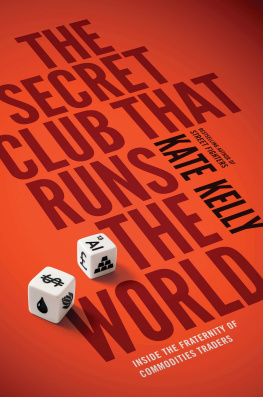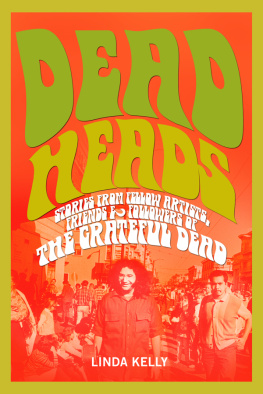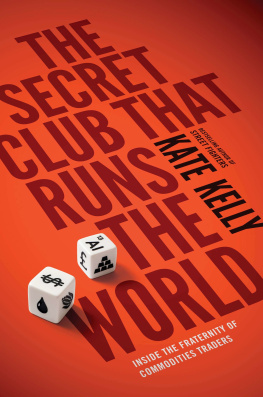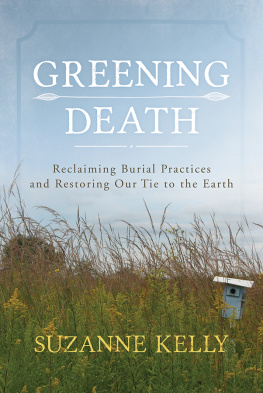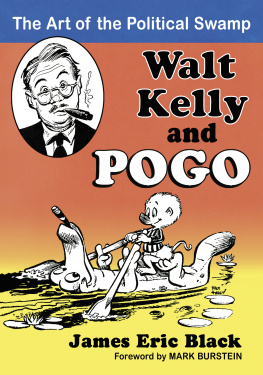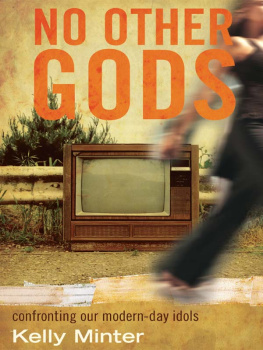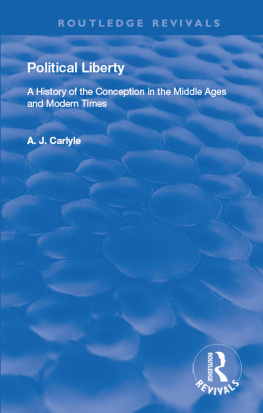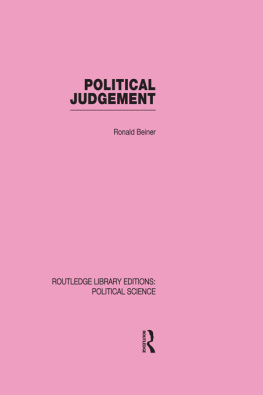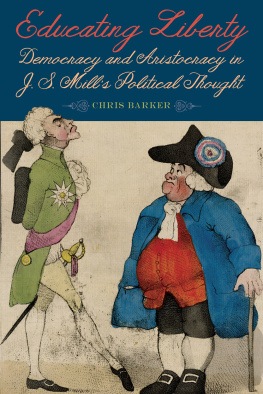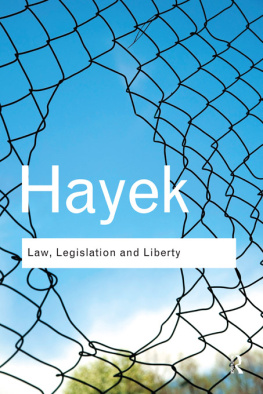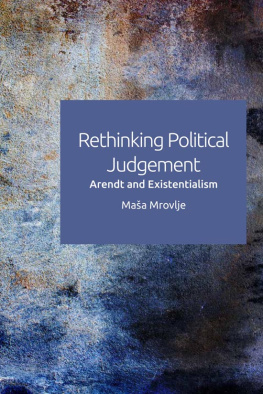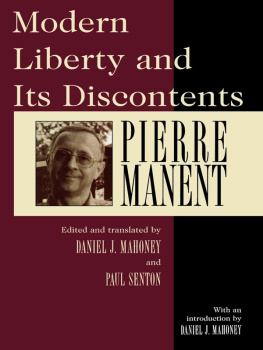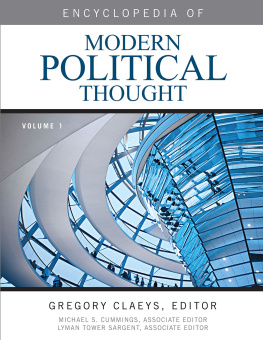Kelly - The propriety of liberty: persons, passions and judgement in modern political thought
Here you can read online Kelly - The propriety of liberty: persons, passions and judgement in modern political thought full text of the book (entire story) in english for free. Download pdf and epub, get meaning, cover and reviews about this ebook. City: Princeton;N.J, year: 2011, publisher: Princeton University Press, genre: Romance novel. Description of the work, (preface) as well as reviews are available. Best literature library LitArk.com created for fans of good reading and offers a wide selection of genres:
Romance novel
Science fiction
Adventure
Detective
Science
History
Home and family
Prose
Art
Politics
Computer
Non-fiction
Religion
Business
Children
Humor
Choose a favorite category and find really read worthwhile books. Enjoy immersion in the world of imagination, feel the emotions of the characters or learn something new for yourself, make an fascinating discovery.

- Book:The propriety of liberty: persons, passions and judgement in modern political thought
- Author:
- Publisher:Princeton University Press
- Genre:
- Year:2011
- City:Princeton;N.J
- Rating:4 / 5
- Favourites:Add to favourites
- Your mark:
- 80
- 1
- 2
- 3
- 4
- 5
The propriety of liberty: persons, passions and judgement in modern political thought: summary, description and annotation
We offer to read an annotation, description, summary or preface (depends on what the author of the book "The propriety of liberty: persons, passions and judgement in modern political thought" wrote himself). If you haven't found the necessary information about the book — write in the comments, we will try to find it.
Kelly: author's other books
Who wrote The propriety of liberty: persons, passions and judgement in modern political thought? Find out the surname, the name of the author of the book and a list of all author's works by series.
The propriety of liberty: persons, passions and judgement in modern political thought — read online for free the complete book (whole text) full work
Below is the text of the book, divided by pages. System saving the place of the last page read, allows you to conveniently read the book "The propriety of liberty: persons, passions and judgement in modern political thought" online for free, without having to search again every time where you left off. Put a bookmark, and you can go to the page where you finished reading at any time.
Font size:
Interval:
Bookmark:
 The Propriety of Liberty
The Propriety of Liberty 
 The Propriety of Liberty
The Propriety of Liberty 
PERSONS, PASSIONS AND JUDGEMENT
IN MODERN POLITICAL THOUGHT
Duncan Kelly

Copyright 2011 by Princeton University Press
Published by Princeton University Press, 41 William Street,
Princeton, New Jersey 08540
In the United Kingdom: Princeton University Press, 6 Oxford Street,
Woodstock, Oxfordshire OX20 1TW
press.princeton.edu
All Rights Reserved
Library of Congress Cataloging-in-Publication Data
Kelly, Duncan.
The propriety of liberty : persons, passions and judgement
in modern political thought / Duncan Kelly.
p. cm.
Includes bibliographical references and index.
ISBN 978-0-691-14313-2 (hardcover : alk. paper)
1. Liberty. 2. LibertyHistory. 3. Political scienceHistory.
I. Title.
JC585.K39 2011
320.011dc22 2010022371
British Library Cataloging-in-Publication Data is available
This book has been composed in Sabon
Printed on acid-free paper.
Printed in the United States of America
10 9 8 7 6 5 4 3 2 1
FOR RACHEL, FELIX, LESLEY AND JOCK
It is a pleasure to be able to thank those institutions and individuals who have been crucial to the research for and writing of this book, and without my family, none of it would have been done at all. This book is for them. In a more academic vein I owe an early debt to friends and colleagues in the Department of Politics at the University of Sheffield, where the preliminary drafts of my argument were first sketched out. I am now equally happy to be able to thank colleagues in the Department of Politics and International Studies at the University of Cambridge for helping me to settle in to an exceptionally rewarding new environment. At the same time, many colleagues and friends in other faculties in Cambridge have been terrifically helpful. The Master and Fellows of Jesus College, Cambridge, welcomed me into the Fellowship and have provided me with an excellent and collegial place to think, and a quiet room in which to work.
The library staffs in the rare books section of Sheffield University library, and particularly those associated with Inter Library Loans, have my thanks for their courtesy and work in providing me with material. Equally, the many librarians and library resources in Cambridge have made the task of completing the book easier than it might otherwise have been. Thanks also are due to the staff of the rare books and manuscripts rooms at the British Library, the Bodleian Library, and University of Oxford, to the University Libraries and archivists at Glasgow and Edinburgh, and to the National Library of Scotland in Edinburgh. My thanks for help and much needed advice go to the staff in the western manuscripts reading room of the Archives Nationales, as well as to the staff of the Bibliothque Nationale, in Paris. At the beginning of my research, I was fortunate to be able to return to the Staatsbibliothek in Munich, and once again was able to make use of its excellent resources. All of these institutions provide exceptional services for visiting scholars.
For their generous financial support, I am deeply grateful to the British Academy for awarding me two small grants during the course of my research, which made travel to archives and institutions both possible and pleasurable. I am similarly grateful to the Academy for funding a symposium that I organized under the title Lineages of empire, where much engaging discussion of questions related to parts of this book took place. Indeed, some of the papers given there have since been published together as a volume in the Proceedings of the British Academy. I should also like to thank the University of Sheffield once again, for providing two small grants to enable further archival and library-based research. Finally, my sincere thanks to the Arts and Humanities Research Council for the award of a period of matching leave, which enabled me to finish the full draft of this manuscript unencumbered by teaching and administrative commitments.
A great many people have commented on parts of the work, whether in the form it now takes, or as lectures, academic papers and conference presentations over the past several years in Cambridge, Columbia, Glasgow, London, Newcastle, Oakland, Oslo, Oxford, Portland, Pyrgos, Sheffield, Sussex, Walla Walla, Warwick, Washington DC, and York. My particular thanks, however, must go to a group of senior students at Whitman College, who graciously persevered with what turned out to be some of my earliest and most rudimentary thinking on this topic, for both their earnest questioning and their sincere encouragement. Since then, many other talented students in both Sheffield and Cambridge have forced me to think hard about what I mean by some of the issues raised in this book, whether inadvertently or explicitly, and I have learned much from the give-and-take of ideas in supervisions.
My editor at Princeton University Press, Ian Malcolm, has been tremendous and tremendously encouraging about the whole project during its long gestation, and I am deeply grateful for his advice and conversation throughout. The two anonymous referees he commissioned to report on the manuscript have my thanks too, and even if I have not always followed their advice, the book would have been considerably poorer without my having been forced to consider it. In similar fashion, I am very grateful to Richard Isomaki for his splendid copyediting.
A large number of friends and colleagues have discussed relevant work with me or read and commented on my thoughts, sent materials pertinent to my topic, engaged in interesting conversation or simply provided scholarly inspiration in their own right. Indeed, although naming (sadly) cannot absolve me of any of those errors that remain, I do hope it will at least constitute something of a public thank-you, with my apologies to anyone who has inadvertently been missed. So, my thanks to Katharine Adeney, Carolina Armanteros, David Armitage, Patrick Baert, Duncan Bell, Richard Bourke, Chris Brooke, Thom Brooks, Mike Braddick, Jimmy Burns, Dan Carey, Clare Chambers, James Clackson, Janet Coleman, Kyriakos Demetriou, Biancamaria Fontana, Andrew Gamble, Douglas Dow, John Dunn, Sam Fleischacker, Rebecca Flemming, Michael Freeden, Fabian Freyenhagen, Andrew Gamble, Peter Garnsey, Raymond Geuss, Peter Ghosh, Mark Goldie, Knud Haakonssen, Iain Hampsher-Monk, Geoff Harcourt, Edward Harpham, Ian Harris, Joel Isaac, Tony and Clare Heron, Istvan Hont, Ben Jackson, Susan James, Stuart Jones, Colin Kidd, Jim Kloppenberg, Melissa Lane, Mary Laven, Charlie Lees, Jrn Leonhard, Noel Malcolm, Peter Mandler, Karuna Mantena, Jeanne Morefield, John Morrow, Sarah Mortimer, Vronique Mottier, Sam Moyn, Jan Werner Mller, Peter Miller, Michael Neu, Peter Nicholson, Mike OBrien, Jon Parkin, Phil Parvin, Emile Perreau-Saussine, Jennifer Pitts, Andrew Rehfeld, David Runciman, Magnus Ryan, Alberto de Sanctis, Melissa Schwartzberg, Ruth Scurr, Quentin Skinner, Mike Sonenscher, Cline Spector, Tim Stanton, Marc Stears, Bob Stern, Benjamin Thompson, Helen Thompson, John Thompson, Keith Tribe, Richard Tuck, Jim Tully, Colin Tyler, Nadia Urbinati, Andrew Vincent, Ben Wempe, Richard Whatmore, Geraint Williams, Donald Winch, and Alex Zakaras.
Next pageFont size:
Interval:
Bookmark:
Similar books «The propriety of liberty: persons, passions and judgement in modern political thought»
Look at similar books to The propriety of liberty: persons, passions and judgement in modern political thought. We have selected literature similar in name and meaning in the hope of providing readers with more options to find new, interesting, not yet read works.
Discussion, reviews of the book The propriety of liberty: persons, passions and judgement in modern political thought and just readers' own opinions. Leave your comments, write what you think about the work, its meaning or the main characters. Specify what exactly you liked and what you didn't like, and why you think so.

